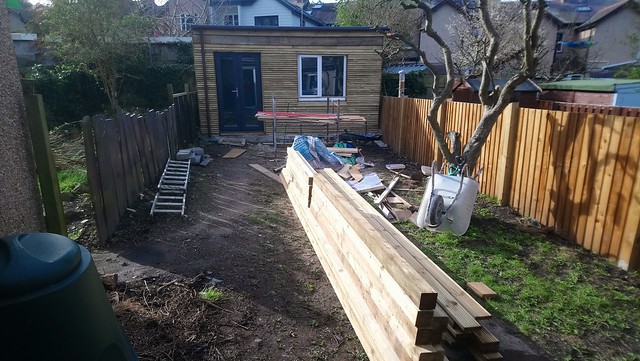Podcast: Play in new window | Download
Here are details of the latest developments on Omniglot websites and blogs.
The new language pages this week are:
- Punu (Yipunu), a Bantu language spoken mainly in southern Gabon, and also in south of the Republic of Congo.
- Nyungwe (Cinyungwe), a Bantu language spoken in northern and central Mozambique.
- Masaaba (Lumasaaba), a Bantu language spoken in the Eastern Region of Uganda.
There are a new numbers pages in: Punu, Makhuwa and
Nyungwe, which are all Bantu languages.
There a new constructed script: Fakoo, a tactile alphabet developed by Alexander Fakoó which can be read by blind and sighted people.

There’s a new adapated script: Cyringit (Сірінгіт), a way to write Tlingit with the Cyrillic alphabet devised by Marc Harder.
Чьъ йеь гогэьнкь ъьвэь ъ каӿ шокълисьоьӿ һа тлъгу ԟваьнӿьи адэь с ԟонугу йэь. Һа лілквь һъьс адэь йеь с йинейи йеь ъьвэь, дэ аь ъвтолхажи ъьт ъьвэь, аь һа ваԟкійъԟа. Ъьч ъьвэь къкъвтовъкэьль.
There are new Omniglot blog post titled Enlisted Fathers about the origins of the name Patrick, and the usual Language Quiz – see if you can guess what language this is.
The mystery language in last week’s language quiz was Kaska (Dene Zágéʼ), a Northern Athabaskan language spoken in the Kaska Dena region, which is part of the Canadian provinces of British Columbia, Yukon, and Northwest Territories.
There’s a Celtiadur post about words for Yearning, longing and related things in Celtic languages.
In the Adventure in Etymology this week we explore the origins of the word sloom, which is found in English dialects, as well as Scots, and is related to the word slumber.
I also made improvements to the Makhuwa language page, and to the Toki Pona pages.
For more Omniglot News see:
https://www.omniglot.com/news/
https://twitter.com/Omniglossia
https://www.facebook.com/groups/omniglot/
https://www.facebook.com/Omniglot-100430558332117
You can also listen to this podcast on: Apple Podcasts, Amazon Music, Stitcher, TuneIn, Podchaser, PlayerFM or podtail.
If you would like to support this podcast, you can make a donation via PayPal or Patreon, or contribute to Omniglot in other ways.










